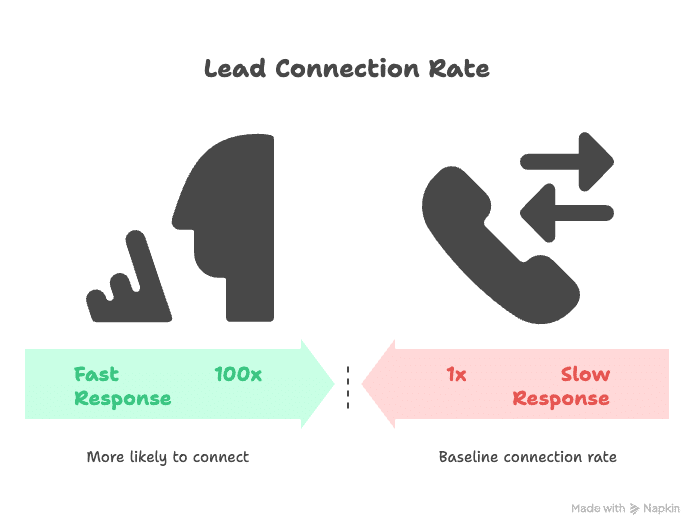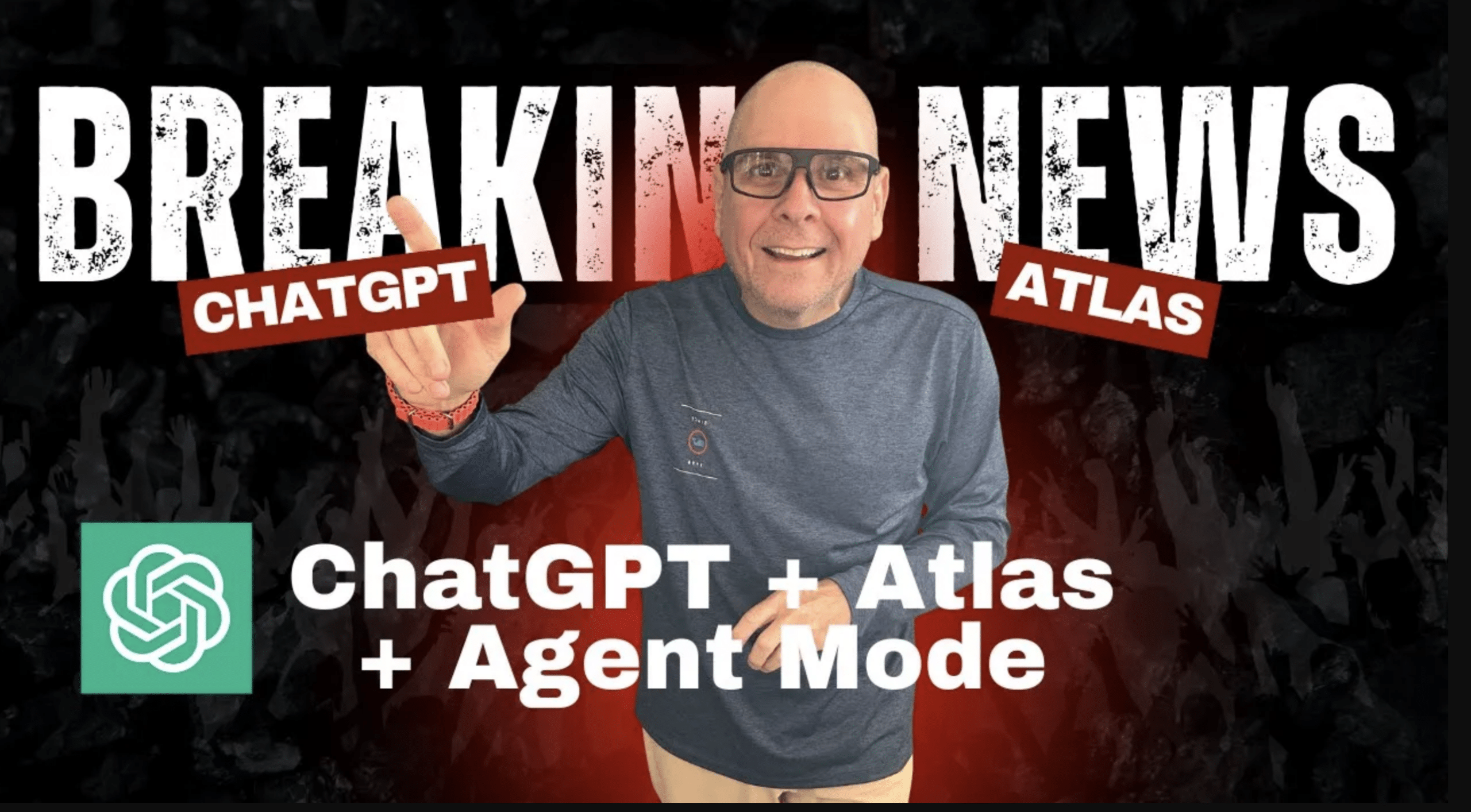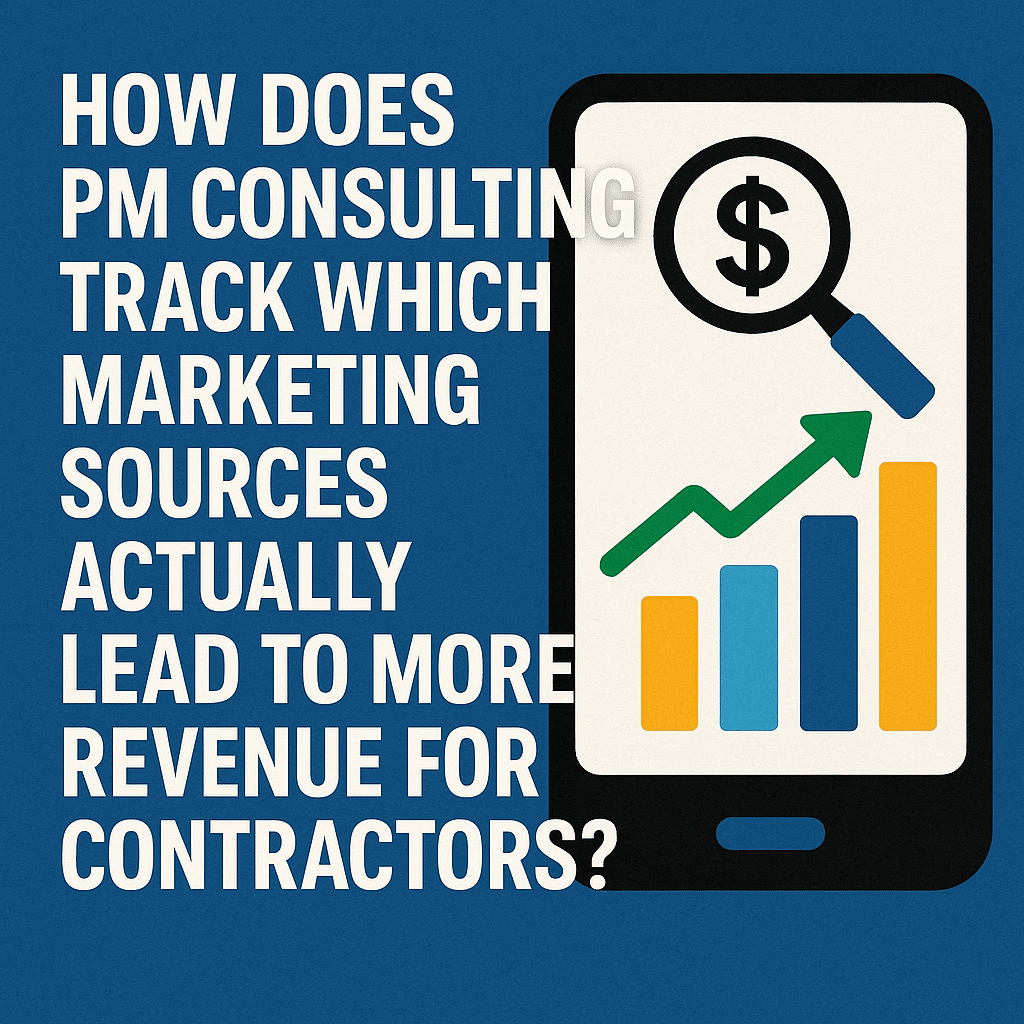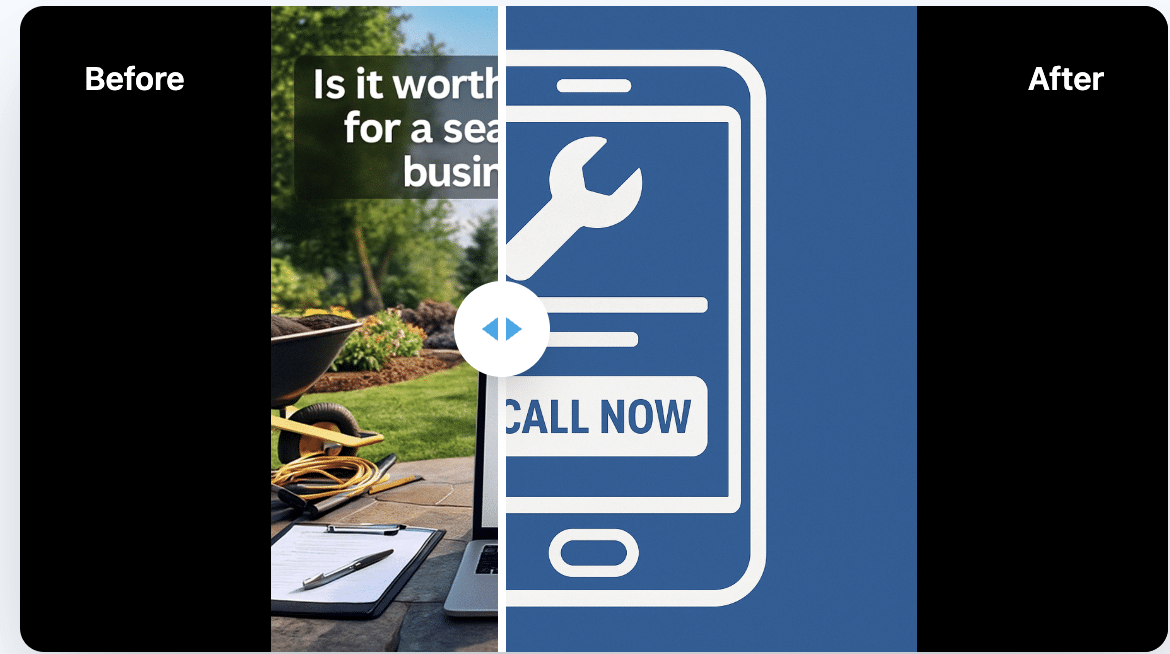Will instant replies from automation make my contracting business look more professional to customers?
You’ve probably heard it before: “Automation makes your business feel impersonal.” Or maybe you’re worried that using AI or automated responses will make your company seem like you’re trying to cut corners instead of delivering quality service.
It’s a legitimate concern. As a contractor, your reputation is everything. You’ve spent years building trust in your community, and the last thing you want is for technology to make you look like some faceless corporate giant that doesn’t care about its customers.
But here’s what’s actually happening in the market right now: customers are judging your professionalism based on one critical factor—responsiveness. And in 2025, instant replies aren’t just nice to have. They’re expected.
Let me explain why automation, when done right, actually makes you look MORE professional, not less.
The Speed Expectation Has Changed
Think about your own behavior for a second. When you text a business, send a Facebook message, or fill out a contact form, how long are you willing to wait for a response?
If you’re like most people, the answer is: not long.
Studies consistently show that 82% of consumers expect an immediate response when they have a sales question. Not within the hour. Not by end of business day. Immediately.
This isn’t customers being unreasonable—it’s simply how communication has evolved. We live in an age where you can order food, book a ride, or buy almost anything with a few taps on your phone. Instant gratification isn’t a luxury anymore; it’s the baseline expectation.
When a homeowner has a leaking pipe, a broken furnace, or needs a quote for a renovation, they’re reaching out to multiple contractors. The first one to respond professionally has a massive advantage. You’re not competing against other contractors in your area anymore—you’re competing against Amazon’s customer service standards.
What “Professional” Really Means to Today’s Customers
Let’s talk about what professionalism actually looks like from a customer’s perspective.
Professional doesn’t mean formal. It means reliable, responsive, and respectful of their time.
Professional doesn’t mean human-only. It means getting the help they need when they need it.
Professional doesn’t mean slow and deliberate. It means efficient and organized.
When a potential customer reaches out to your business at 9 PM on a Thursday and gets an instant response that acknowledges their request, asks relevant questions, and provides helpful information or books an appointment—that feels professional.
When they reach out and hear nothing until 10 AM the next day (after they’ve already called two other contractors), that feels unprofessional, regardless of how friendly your eventual response is.
The Reality: You’re Already Losing Business to Response Time
Here’s a hard truth that many contractors don’t realize: your response time is costing you jobs every single week.
Research from Harvard Business Review found that companies who responded to leads within five minutes were 100 times more likely to connect with the customer than those who waited 30 minutes. Not 100% more likely—100 TIMES more likely.
Think about what happens in your business right now when a lead comes in:
- Someone fills out a form on your website at 7 PM
- You’re home having dinner with your family
- You see the notification but think, “I’ll call them first thing tomorrow”
- The next morning at 8:30 AM, you call—less than 14 hours later, which feels pretty responsive to you
- The phone goes to voicemail because they’re already in a meeting with the contractor who responded instantly last night
You didn’t do anything wrong. You responded within 24 hours, which many contractors would consider good service. But you still lost the job because someone else was faster.
Automation solves this problem. Not by replacing you, but by ensuring no opportunity slips away due to timing.

What Professional Automation Actually Looks Like
Let’s clear up a misconception: good automation doesn’t sound like a robot. It doesn’t feel cold or impersonal. When done correctly, it feels like you have an incredibly efficient, knowledgeable team member who’s always available.
Here’s what a professional automated interaction looks like:
Customer submits a contact form at 10 PM: “I need my deck refinished before my daughter’s graduation party in three weeks.”
Instant automated response: “Thanks for reaching out! A deck refinishing project in three weeks is definitely doable, and I’d love to help make sure everything looks perfect for your daughter’s big day.
To give you an accurate quote, I need to know a few things:
- What’s the approximate square footage of your deck?
- What type of wood is it?
- When was it last refinished?
- Are there any repairs needed, or just refinishing?
You can reply here with those details, or if you prefer to discuss over the phone, I have availability tomorrow at 10 AM, 2 PM, or 4 PM. Which works better for you?”
Does that feel impersonal? No. It feels like you’re on top of your business. It acknowledges their specific situation (the graduation party), asks relevant qualifying questions, and offers clear next steps.
The customer gets immediate value—they know you received their request, you understand their timeline, and you’re already moving the process forward. They can provide information right then while it’s fresh in their mind, or they can schedule a call for tomorrow.
Compare that to silence until the next business day, and ask yourself: which contractor looks more professional?
The Professionalism Indicators Customers Actually Notice
When customers evaluate whether a contractor is professional, they’re looking at specific signals:
1. Acknowledgment Speed
Getting a quick “We received your request and will help you” message shows organization and respect for their time. Radio silence, even for a few hours, makes them wonder if you’re too busy, disorganized, or not interested in their business.
2. Clear Communication
Professional automation asks the right questions upfront, so when you do have a conversation, it’s productive. Amateur contractors waste time on calls asking basic questions that could have been gathered automatically.
3. Respect for Their Schedule
Offering specific appointment times in an automated message shows you’re organized. Making customers play phone tag for three days to schedule a simple estimate makes you look scattered.
4. Consistency
Professional businesses respond the same way whether it’s Monday morning or Saturday night. Automation ensures every customer gets the same high-quality initial experience, regardless of when they reach out.
5. Information Accessibility
Professional contractors make it easy to get basic information—service areas, typical pricing ranges, availability, process details. Automation can provide all of this instantly, while requiring customers to wait for a phone call to get simple answers feels inefficient.
The Fear of Being “Too Big”
Some contractors worry that automation will make them seem like an impersonal corporate operation instead of a local, trusted business.
This concern is backwards.
Think about the local businesses you respect most. They’re probably the ones that are easiest to work with. They respond quickly. They communicate clearly. They make scheduling simple. They’re organized and efficient.
The local businesses that frustrate you? They’re the ones that are hard to reach, slow to respond, and make simple transactions complicated.
Automation doesn’t make you less local or less personal—it makes you more accessible and easier to work with. That’s what builds trust and loyalty.
Plus, here’s the key: automation handles the routine stuff (acknowledgments, appointment booking, basic information), which frees you up to be MORE personal where it matters—on the job site, during consultations, and in follow-up service.
When Automation Makes You Look LESS Professional
Let’s be fair: bad automation can damage your professional image. Here’s what to avoid:
Generic, Robotic Messages “Your message has been received. Ticket #847392. Response time: 24-48 hours.” This is terrible. It’s cold, unhelpful, and makes customers feel like a number.
Automation That Doesn’t Actually Help If your automated message just says “Thanks, we’ll get back to you soon” without providing any value or next steps, you’ve wasted an opportunity. The automation should either gather information, provide information, or facilitate scheduling.
No Human Backup Automation should always have a clear path to human interaction when needed. “I’d like to speak with someone” should immediately offer that option, not trap people in an endless loop of automated responses.
Ignoring Context If someone says “emergency water leak” and your automation cheerfully responds with “Thanks! We’ll get back to you within 24 hours,” you look ridiculous. Smart automation recognizes urgency and responds accordingly.
The difference between professional automation and amateur automation is thoughtfulness. Professional automation feels like an extension of your customer service—efficient, helpful, and appropriately personal.
The Competitive Reality
Here’s what’s happening in your market right now, whether you realize it or not:
Your most successful competitors are already using automation. They’re capturing leads at midnight. They’re booking appointments while you’re on job sites. They’re providing instant quotes while you’re driving between estimates.
And customers are learning to expect this level of service.
When you’re the contractor who doesn’t respond until the next day, you’re not just competing against other contractors’ speeds—you’re competing against customers’ experiences with every other modern business they interact with.
The contractor who uses professional automation isn’t seen as impersonal. They’re seen as organized, efficient, and serious about customer service. They’re the contractor who’s “got their act together.”
Making It Personal AND Automated
The best approach combines automation with personal touches:
- Automated instant acknowledgment that uses the customer’s name and references specific details from their inquiry
- Smart qualification questions that gather the information you need to provide accurate service
- Automated scheduling that syncs with your actual availability
- Personalized follow-up from you once the appointment is booked or estimate is senThe automation handles speed and efficiency. You handle expertise and relationship-building. Together, they create an experience that feels both professional and personal.
The Bottom Line
Will instant replies from automation make your contracting business look more professional?
Absolutely—if you do it right.
In today’s market, speed isn’t just convenient; it’s a core component of professionalism. Customers equate fast responses with reliability, organization, and respect for their time.
The question isn’t whether automation makes you look professional. The question is: can you afford to look unprofessional by NOT using it?
Your competitors are responding instantly. Big national companies with huge marketing budgets are responding instantly. Even the guy down the street who just started his contracting business is using free automation tools to respond instantly.
When you’re the only one making customers wait, you’re not preserving a personal touch—you’re losing business.
The most successful contractors in 2025 understand that professional automation doesn’t replace the personal relationship. It enhances it by ensuring every customer interaction starts with speed, efficiency, and clear communication. Then you build the relationship from that strong foundation.
Your craftsmanship hasn’t changed. Your expertise hasn’t changed. Your commitment to quality work hasn’t changed.
What’s changed is customer expectations around communication and responsiveness. Automation helps you meet those expectations without sacrificing the quality service you’re known for.
That’s not just professional. That’s smart business.
Check out this blog:





















